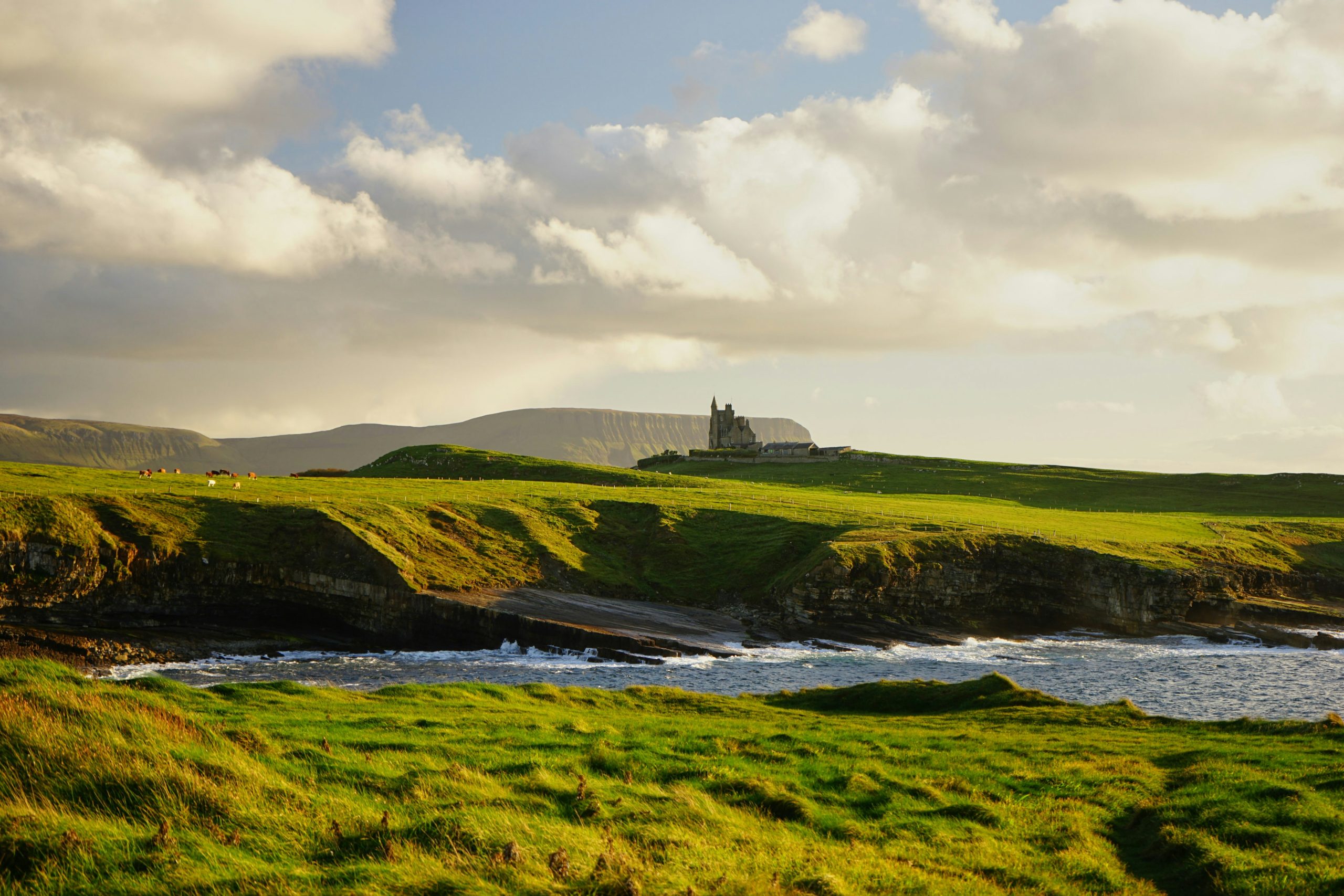
A story about the emotional impacts of climate change and society’s responses by James Cooney, 32 yr, Ireland.
7 yr: My awareness of climate change and environmental issues goes back to my youngest years. The issues of climate change and environmental damage were ever-present in print and television and while I enjoyed learning about Irish wildlife and flora in primary school, I was wary that the coming millennium would see the warnings concerning the environment eventually take on material form.
10 yr: The levy on disposable plastic bags was something of a key moment in regards to the presence of environmental policies in my everyday life. Despite the initial flurry of public discourse, plastic bags rapidly became a rare sight, with the loss being mostly unlamented by those around me - I was glad to see plastic bags disappear as a form of litter.
14 yr: As part of our Geography studies, we were shown some of Al Gore’s ‘An Inconvenient Truth.’ Despite the alarming prospects for the climate presented therein, one of my takeaways from this was my surprise and relief on learning that the ongoing issue of ozone pollution had more or less been brought to heel, thanks to the regulation of aerosols. Addressing environmental problems did seem possible after all.
18 yr: The severe winter of 2010 came as a particular shock for me, given the relatively mild winter snow I was familiar with. The sheer length of the freeze was particularly disorientating and I had my first real sense that the pattern of weather as I knew it was seriously off-kilter.
19 yr: 2011 saw the end of Fianna Fail’s tenure in government, and that of their unlikely coalition partners, the Green Party. While Fianna Fail took the brunt of the backlash, the Greens were also cast into the political wilderness, as a result of their being tied to the millstone of their coalition partners. This marked a serious blow for environmentalism as a political force in Ireland. I was not surprised in the least and I was resigned to that being the case for the immediate future.
26 yr: The ‘Beast from the East’ of 2018 was discomfiting for me in both a figurative sense and a very literal sense – my student digs were especially chilly in comparison to home. The weather seemed to be see-sawing from the extremes of unexpectedly hot summers (2006, 2013 and 2016 were especially memorable for me, given the threat of drought) to that of bitter winters. The infamous Lidl incident with the excavator was particularly mortifying, in terms of the public response to the strains imposed by the weather.
27 yr: I was surprised by the climate strikes of 2019, as it seemed Generation Z were willing to take concrete steps towards addressing climate change, as opposed to the apathy or hostility towards environmentalism by older generations. Encouraging as this was, I could not shake the fatalism I had concerning the prospects of halting the damage to the climate and environment before irreparable harm was done.
28 yr: The COVID pandemic was the most significant disruption of the norms of everyday life in my own memory. I experienced a mixture of unease and an odd sort of tranquillity amidst the sudden quietness on the roads around us and the absence of planes crossing overhead from Knock Airport. I also took some satisfaction as my family took the opportunity to clear away litter from the roadside beside us.
30 yr: Following their surprising success in the 2019 local elections, the Greens returned to government as part of a hastily assembled coalition in 2020. I was suspicious of a repeat of the Green’s previous experiences in government and the strained relations between the coalition and Irish agricultural community seemed to point to another reversal of fortunes for Irish environmentalism as a political force.
32 y: The back-to-back impacts of Hurricane Milton and the floods in Spain compounded my ongoing pessimism. Aside from the sheer severity of the events, the botched handling of the destruction in the aftermath by the authorities brought up both memories of the likes of Hurricane Katrina and cynicism regarding the probability of similar lacklustre emergency responses in the future.



